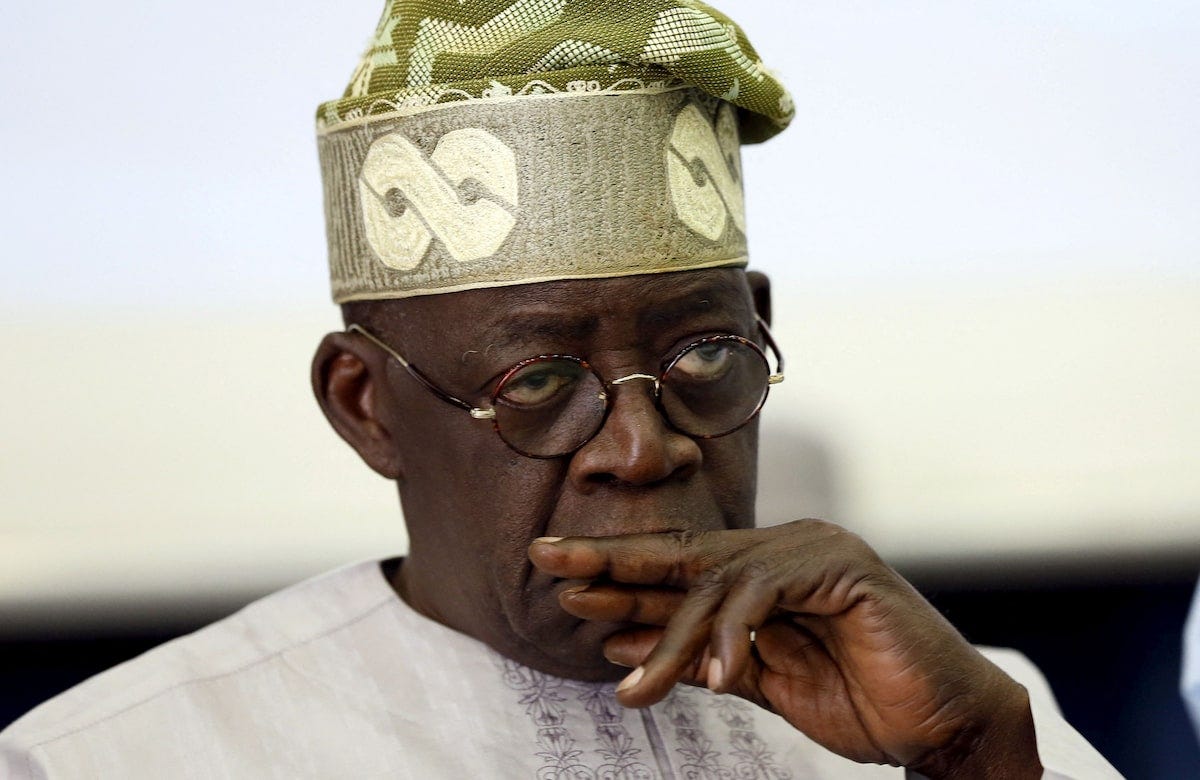365 and change
...welcome to the second year of your renewed hope subscription, cancellation is not possible.
Dearest gentle reader 👀, welcome to June. Analyst Digest wishes you a happy new month!!!
Last week marked the first anniversary of the president’s inauguration, and as with any high-ranking position, this role is subject to thorough scrutiny and assessment. It is crucial to evaluate his administration’s performance across various sectors. This assessment includes economic policies, infrastructure development, healthcare, education, security, governance, social welfare, foreign policy, environmental initiatives, and cabinet appointments.
According to the Constitution, the president has key duties and responsibilities. He is the Commander in Chief of the Armed Forces, appoints members of his cabinet, signs bills from the legislative arm into law, establishes and maintains diplomatic relations with other countries, ensures national security from internal and external attacks, oversees economic policies, and implements fiscal policies.
So how well has the president performed in these key areas?
Cabinet appointments
The composition of the president’s cabinet is critical, as these positions are to be filled by competent individuals capable of effective governance. The current administration ushered in new ministries, resulting in a cabinet of 45 members. However, out of these significantly large appointments, only a handful can be characterised as effective based on the results provided in their nine months of service. Notable ministers such as Bosun Tijani, Nyesom Wike, and Bunmi Tojun-Ojo have stood out for their contributions. Compared to the total number of ministers, having only a few commendable ministers is suboptimal and raises concerns about the overall competency of the cabinet.
Policy Implementation
One area where the president has been notably active is in policy implementation. Early in his tenure, he enacted several significant policies, including the removal of subsidies, the introduction of student loans, and the unification of the naira. These policies have had profound impacts on the economy. The removal of the fuel subsidy, although necessary, has been controversial, and its effectiveness is still debated. According to Nairametrics, this removal led to a 163% increase in petrol prices, contributing to the current inflation rate which stands at 33.69%, about an 11% increase in comparison to 22.41% pre-renewed hope.
The introduction of student loans aims to alleviate educational expenses, but its long-term impact remains to be seen. The unification of the naira has had mixed results, with ongoing challenges in stabilizing the currency. Currently, the exchange rate at the parallel market is at N1510 which represents an increase of over 100% to N763 before this administration took office.
Economic Performance
The Nigerian economy remains a pivotal area of focus. The Central Bank governor has been proactive in his role, particularly in monetary policy. However, the same cannot be said for fiscal policies, where there seems to be a lack of cohesive strategy. The economy continues to face challenges such as high inflation and food inflation. The administration’s fiscal policies have yet to demonstrate a significant positive impact, and there is a need for more effective economic strategies to address these issues comprehensively. As of the end of Q4 in 2023, public debt stood at N97.3trn, a 10trn growth and there are more talks of new loans with the World Bank( the pain, the torment, the torture). It is also worth noting that the government recorded an increase in foreign capital inflows, with the overall figure at $3.6 billion between January and March and current GDP growth(2.98%) increased when compared with value as of Q1 2023(2.31%).
It would always be ironic how the country’s growth rate grows despite evident downturns that should cause negative values.
So what?
On the performance of the President and his administration, relative progress has been made but the significant challenges which remain overshadow the “little good” the government has achieved. These achievements, such as certain policy implementations and the efforts of a few effective ministers, demonstrate a potential for positive change. However, these accomplishments are often eclipsed by persistent issues like economic instability, high inflation, and food inflation. The mixed public opinion reflects these sentiments, indicating that the administration has yet to fully convince the populace of its competence.




